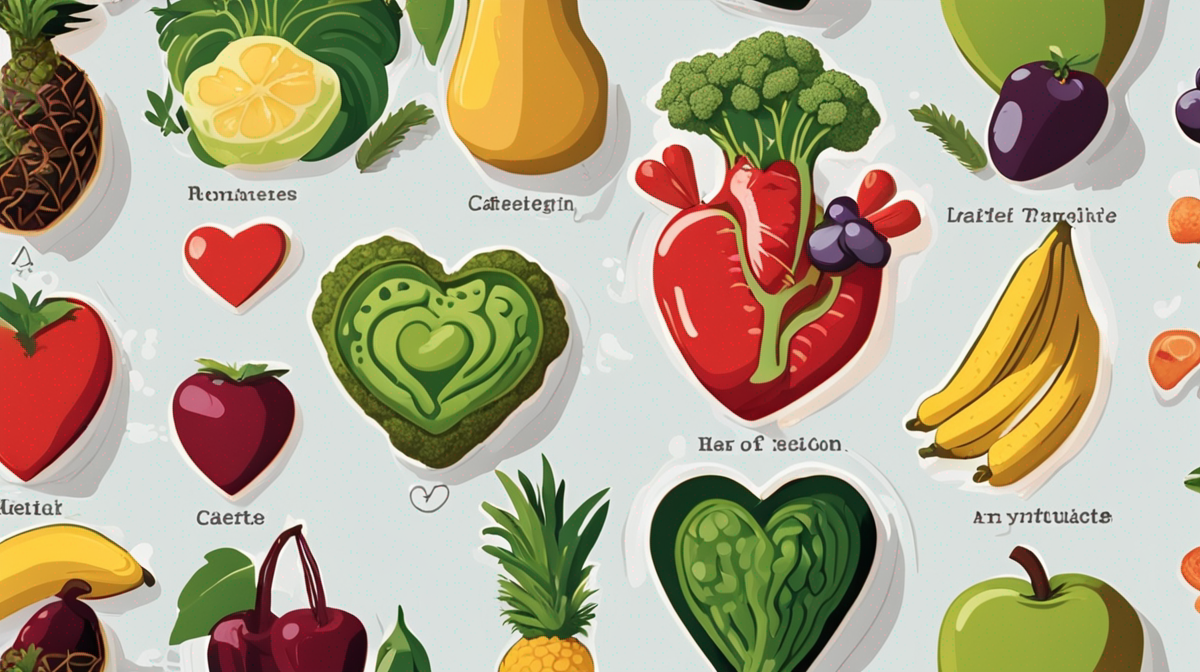
Understanding the intricate relationship between the food we consume and our body’s physiological response has always been intriguing. Among these, the connection between meals and heart rate presents a compelling story. This article addresses the question — Can meals affect your heart rate? Spoiler alert: Yes, they can, and here’s how.
Understanding the Heart Rate
Before diving into the effects of food on heart rate, let’s establish a clear understanding of heart rate itself. The term ‘heart rate’ refers to the number of times your heart beats per minute. A variety of factors can influence it, including physical activity, stress levels, temperature, body position, and notably, food intake.
Foods and Heart Rate: The Connection
The food we eat impacts our bodies in numerous ways. Certain elements in the food have direct and indirect effects on our heart rate. Foods high in sodium, cholesterol, and unhealthy fats can cause high blood pressure over time, leading to an increased heart rate. Additionally, large meals may also temporarily raise heart rate due to the metabolic demand to digest food.
The Impact of Caffeine and Alcohol
Drinks containing caffeine, such as coffee, energy drinks, and some teas, can cause an immediate increase in heart rate because caffeine stimulates the nervous system. Alcohol, too, can elevate your heart rate both immediately after consumption and over time with regular use.
Healthy Eating for Controlled Heart Rate
Opting for balanced meals rich in fruits, vegetables, and lean proteins can aid in maintaining a healthy heart rate. Limiting the intake of high-sodium foods, high-sugar drinks, and highly processed foods will also help.
Lean Proteins
Fish, poultry, and tofu are excellent sources of lean protein. They can help control appetite and prevent overeating, leading to a stable heart rate.
Fruits and Vegetables
Packed with essential vitamins, minerals, and fiber, fruits and vegetables can help maintain a healthy heart rate by reducing blood pressure and cholesterol levels.
Conclusion
So, how much can meals affect your heart rate? The answer is — significant. What we eat doesn’t just influence our heart rate momentarily; it also plays a critical role in shaping our long-term cardiovascular health. Therefore, make conscious food choices for a happy heart.
Disclaimer
This article is intended to provide general insights and information on the interaction between meals and heart rate. It should not be used as professional medical advice. If you have concerns about your heart rate or dietary habits, consult with a healthcare professional.
